Dangers of Propane Gas - Common Causes and What to Do After a Gas
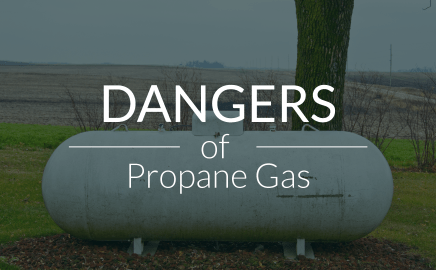
Authored by Kalamazoo injury lawyer, Steve Weston The term “natural gas” actually encompasses several types of gases, including propane, butane, ethanol, and methane. Propane is separated from these other gases and sold for residential and commercial uses. It is naturally odorless and colorless and requires the addition of an odorant so humans can detect it in case of a gas leak. Propane is pressurized into a liquid state for storage and transportation and is therefore called “liquified propane” or LP. Because of this pressurization, even a small discharge of liquified propane will create a serious hazard of ignition or explosion.
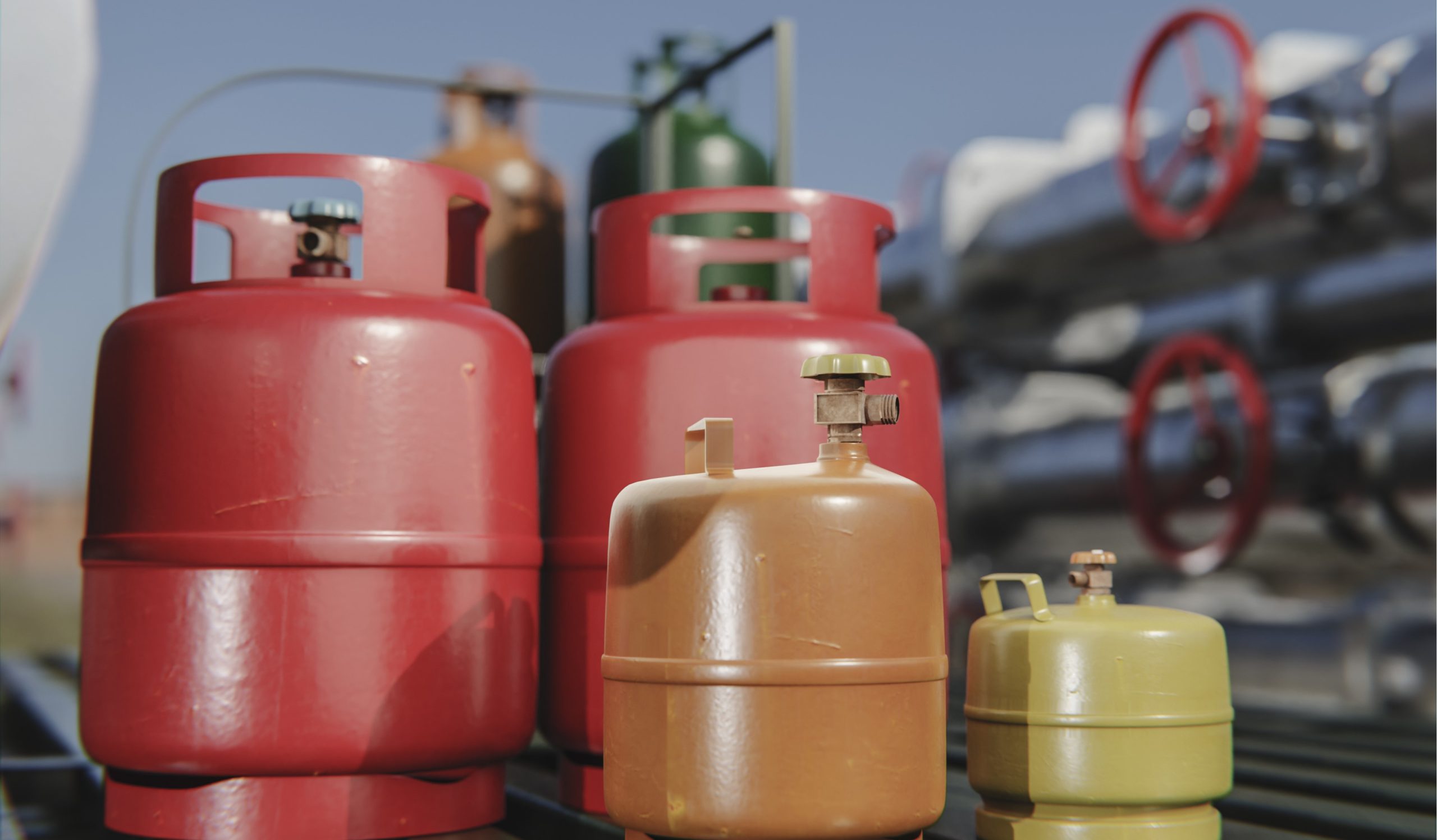
House Fire Highlights Dangers of Propane Tank Explosions
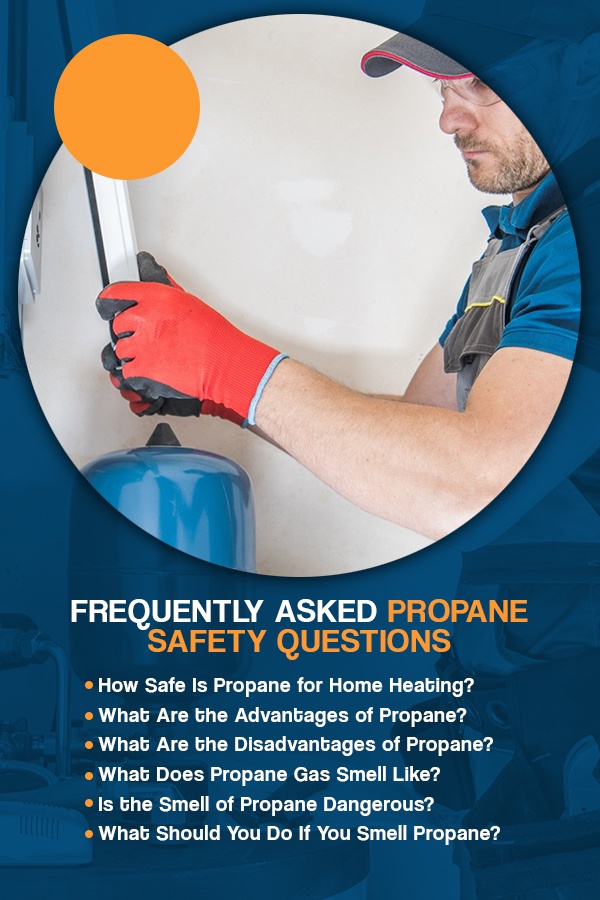
Propane Heating, 9 Propane Safety Tips
Chemical hazard sign for extremely combustible substances.

Chemical GHS Signs - Propane
Michigan Burn Injury Lawyer Attorneys for Burn Injury Survivors

Propane Noises and What You Should Do
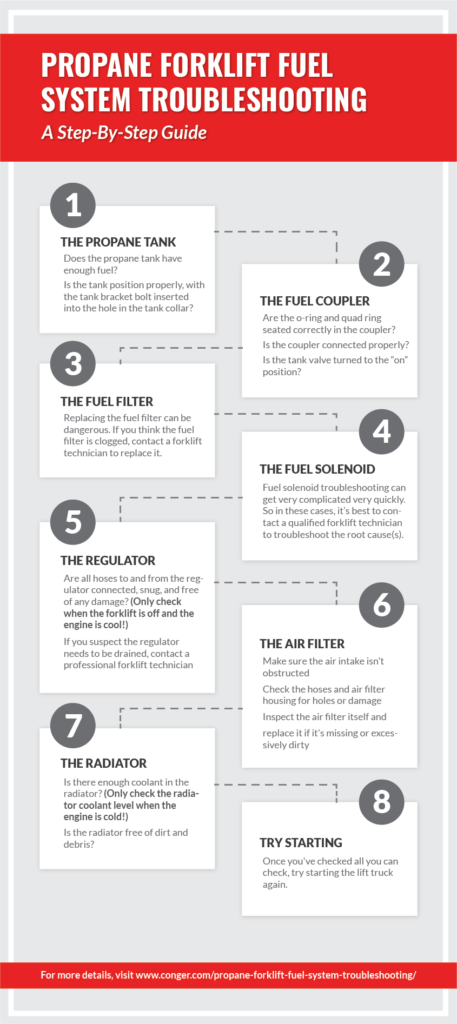
Propane Forklift Fuel System Troubleshooting: A Step-By-Step Guide
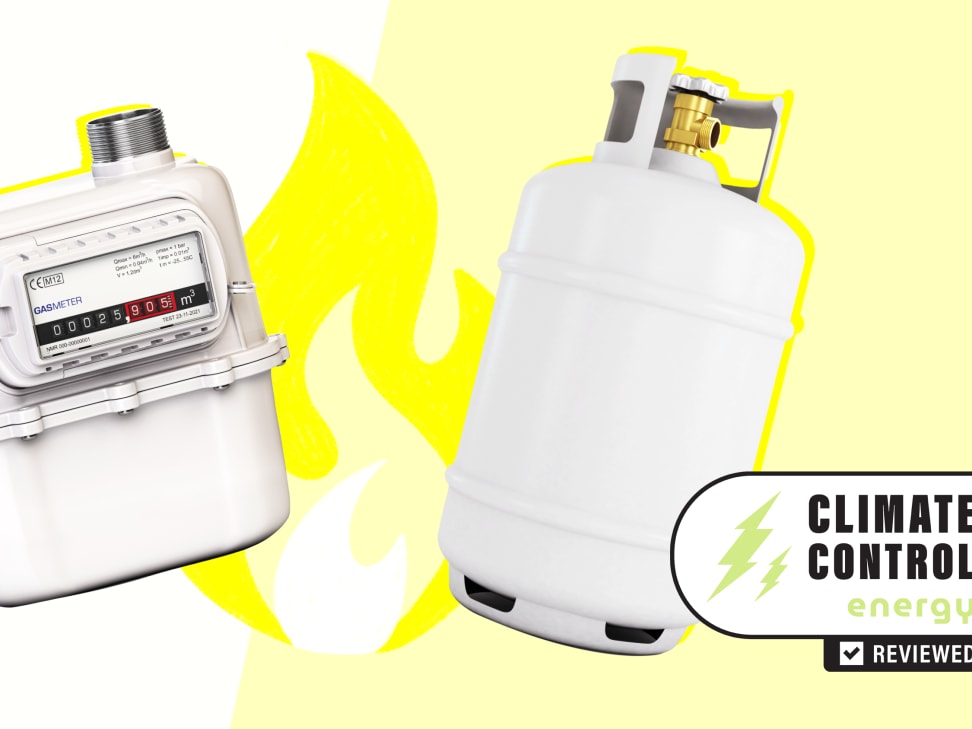
Natural gas vs. propane: Here's what you need to know - Reviewed

Propane Safety
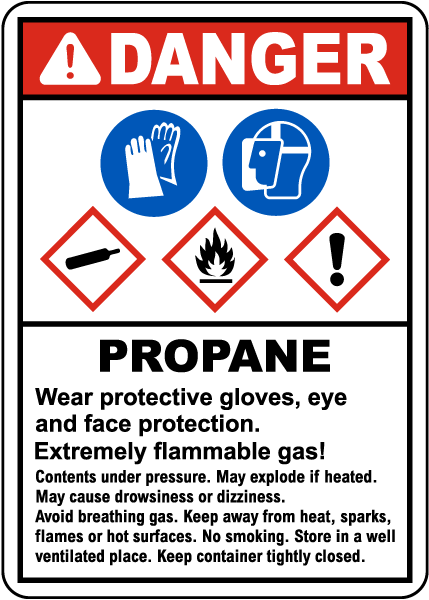
Danger Propane Flammable Gas PPE GHS Sign
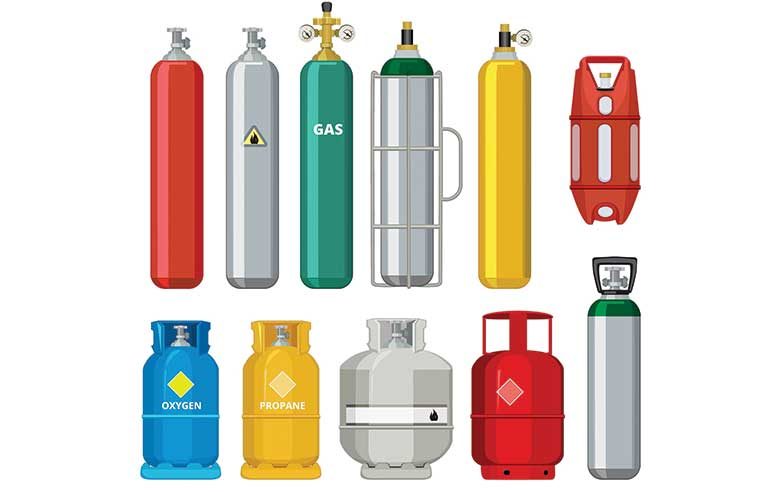
Handling and storing compressed gas cylinders
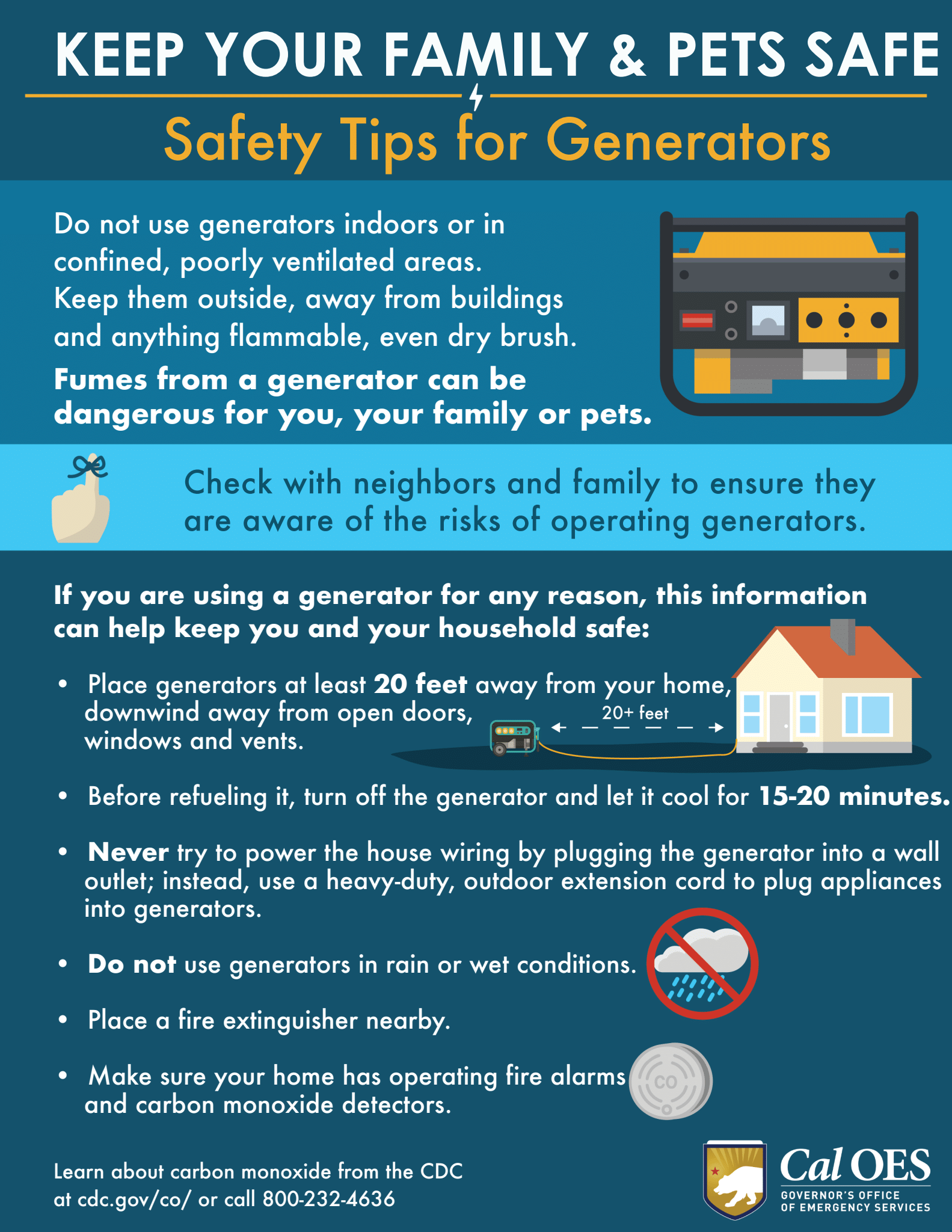
Ready for Anything: Generator and Propane Safety Tips

Different Types of Gas Bottles Used in the Workplace
Why does a propane tank get cold after being used? - Quora
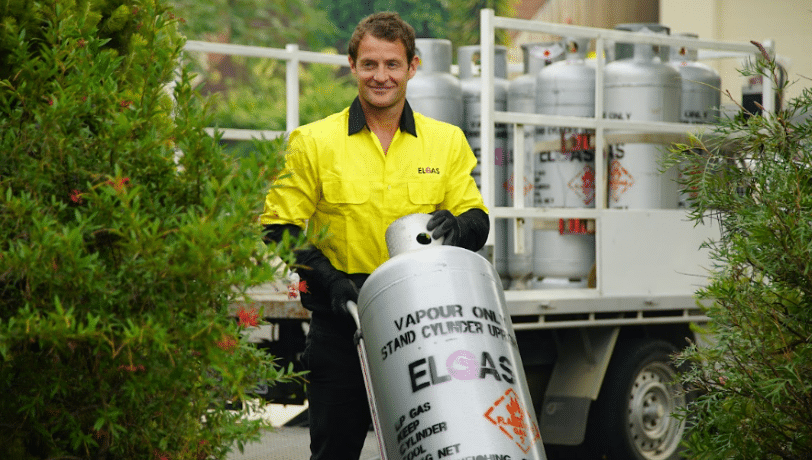
Can LPG exposure make you ill? - ELGAS

Propane Safety